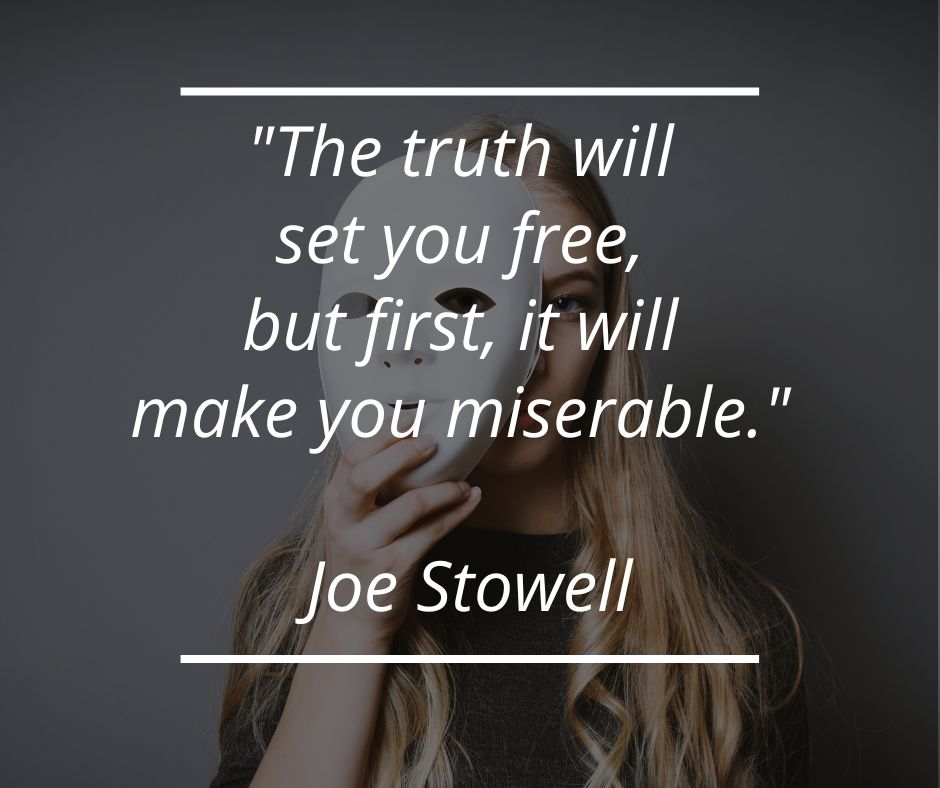From Hiding to Healing: Trade Unworthiness for God's Love and Break Shame's Power Over Youਨਮੂਨਾ


As David continues his prayer in Psalm 51, he doesn't hide or minimize his sin:
"For I know my transgressions, and my sin is always before me. Against you, you only, have I sinned and done what is evil in your sight; so you are right in your verdict and justified when you judge."
David doesn't make excuses or blame others. He fully acknowledges his wrongdoing. This brings us to our fourth lesson about shame: Confession and genuine repentance lead us to healing and freedom.
Throughout Scripture, David is described as "a man after God's own heart." At first glance, this seems puzzling. How could an adulterer and murderer be considered someone after God's heart? It can't be because of his moral perfection or stellar character. His actions eliminated those options.
David's distinction comes from how he responded to his failures. Later, in Psalm 51, he writes, "My sacrifice, O God, is a broken spirit; a broken and contrite heart you, God, will not despise." David isn't a man after God's heart because he's morally superior to us. He's a man after God's heart because he confesses and repents when he breaks God's laws.
Confession is powerful because it sets us free. Jesus said, "You will know the truth, and the truth will set you free.” When we live in denial or avoidance of our sin and the shame it produces, we cannot experience healing and freedom. We cannot be healed from what we won't acknowledge. We cannot be freed from the bondage we won't admit we're in.
Many of us have discovered that concealing our sins only makes things worse. I once heard a pastor say, "The consequences of concealment are far worse than the consequences of confession." David tried to conceal his sin, and it escalated from adultery to murder. While your unconfessed sin might not lead to such extreme outcomes, the longer you conceal it, the greater the consequences.
God forgives us when we confess our sins, but that doesn't mean He removes all consequences. As author Joe Stowell aptly said, "The truth will set you free, but first, it will make you miserable."
I confessed the extent of my credit card debt and my uncontrolled spending habits to my wife during pre-marital counseling. I felt so unworthy in that moment. But she accepted me. Instead, she embraced me. Together, through some painful discipline, we paid off all my debt in under two years.
After David confessed, God forgave him, but the child born from his affair with Bathsheba died. God also told David that because of his actions, his kingdom would never know peace during his lifetime. God is loving, but He doesn't always remove earthly consequences. He promises healing and freedom in our hearts from the power of sin and shame.
The apostle John understood this well: "If we confess our sins, he is faithful and just and will forgive us our sins and purify us from all unrighteousness.” (1 John 1:9)
Healing begins with confession to God and sometimes to others. Is there something you need to confess today? Someone you need to speak with? A step of repentance you need to take? Freedom awaits on the other side of that difficult but necessary conversation.
Tomorrow, we will conclude by examining how an uncomfortable prayer can lead us to the kind of relationship with God we desire most.
ਪਵਿੱਤਰ ਸ਼ਾਸਤਰ
About this Plan

Has your unworthiness kept you from God and others? Ever felt broken beyond repair? In this 5-day journey, discover how King David moved from hiding in shame to healing in God's presence. Through biblical and practical insights and personal stories from Scott Savage, you'll learn to distinguish between shame and healthy guilt, find hope in God's character, and experience true freedom. Start today to exchange unworthiness for God's unconditional love.
More
Related Plans

Renew Your Mind

Inspire 21-Day Devotional: Illuminating God's Word

It's Okay to Worry About Money (Here's What to Do Next)

BEMA Liturgy I — Part D

Receive

Leviticus: Living in God's Holy Presence | Video Devotional

Go

Hebrews: The Better Way | Video Devotional

Connect
